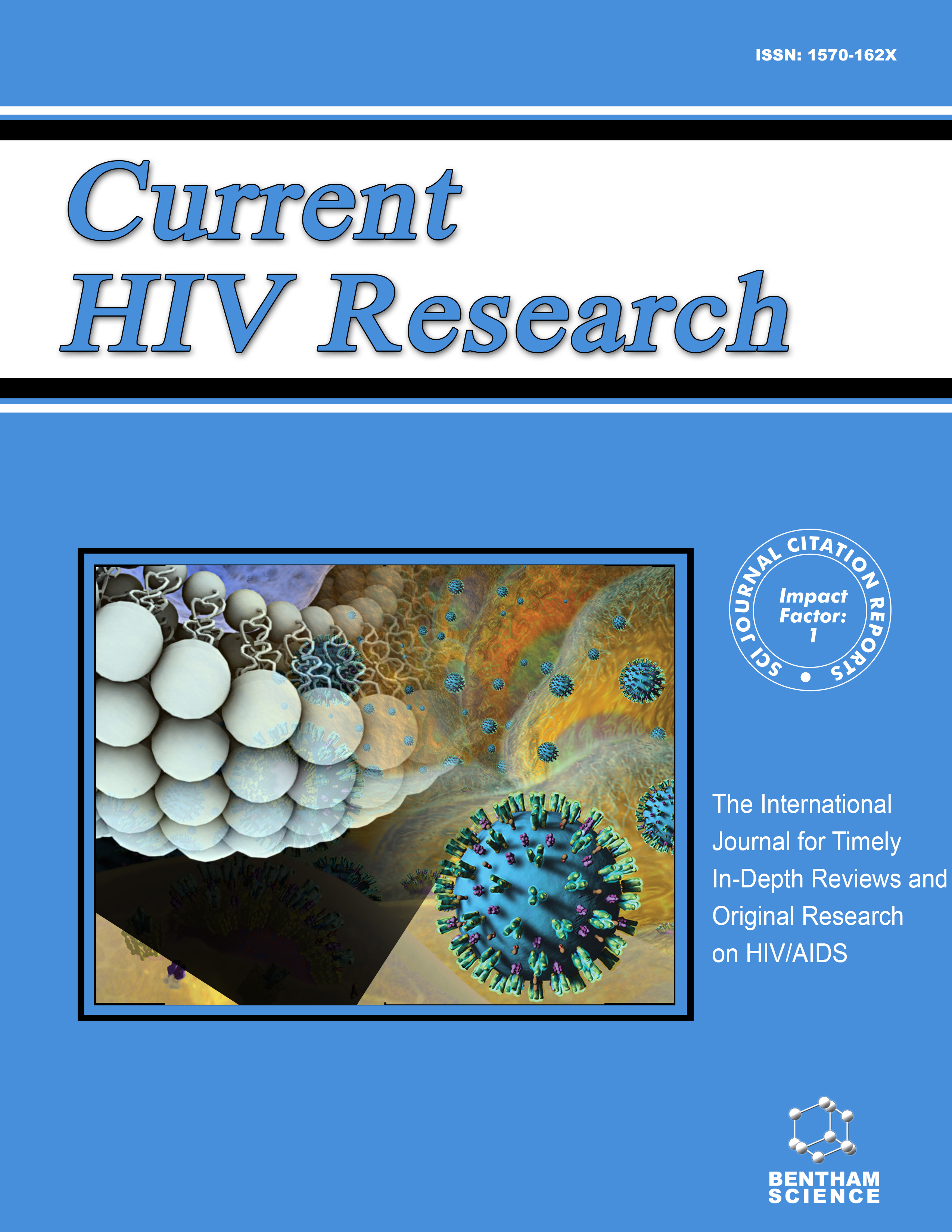
Full text loading...
Coronavirus Disease 2019 (COVID-19), caused by the highly contagious severe acute respiratory syndrome coronavirus 2 (SARS-CoV-2), emerged in late 2019 in Wuhan, China. Designated as an epidemic by the World Health Organization (WHO) on January 30, 2020, the virus quickly escalated to a global emergency, officially declared a pandemic in March 2020. With over 6 million recorded deaths and more than 200 identified symptoms in diverse individuals, the impact of COVID-19 is substantial. COVID-19 poses a greater risk to individuals with advanced HIV, while those with well-managed HIV are not at increased risk. Although COVID-19 vaccines are generally effective for people with HIV, some may experience reduced vaccine effectiveness and breakthrough infections due to suboptimal immune responses. Long COVID, affecting at least 65 million individuals, adds a layer of complexity. The virus's rapid mutation has led to diverse symptomatology, prompting adjustments in treatment guidelines. This review comprehensively examines repurposed antiviral drug candidates against COVID-19, explores immune responses across different age groups, delves into the mechanisms of COVID-19 vaccines, and discusses potential immunosuppressants. Additionally, the focus extends to Intravenous Immunoglobulin (IVIG), steroids, and anti-cytokine therapy as promising avenues to address cytokine release syndrome (CRS), a critical condition in COVID-19 patients.

Article metrics loading...

Full text loading...
References


Data & Media loading...

